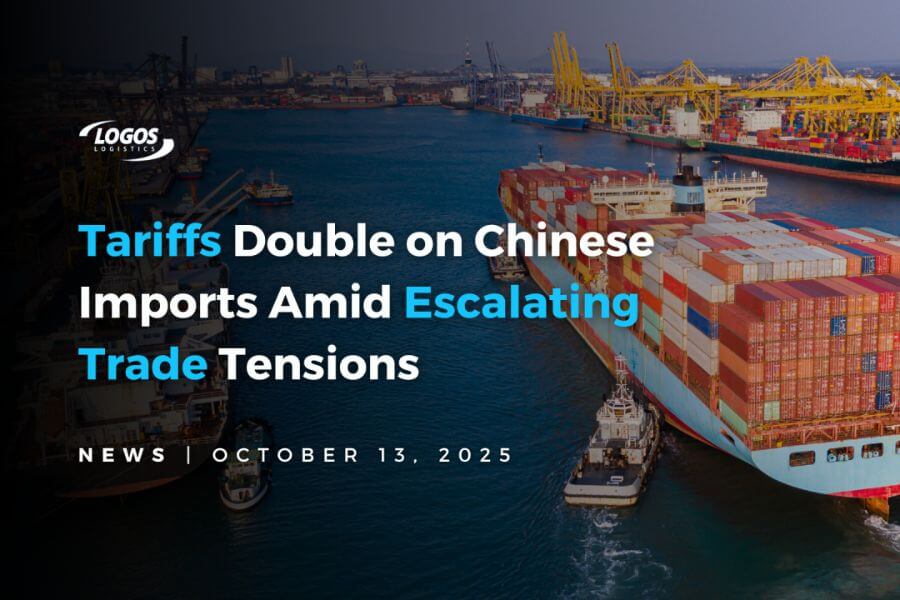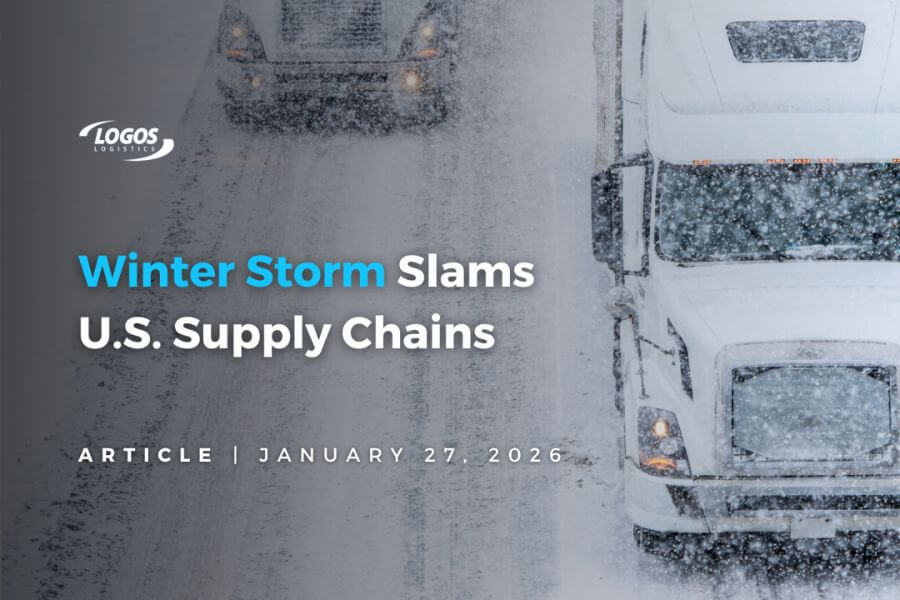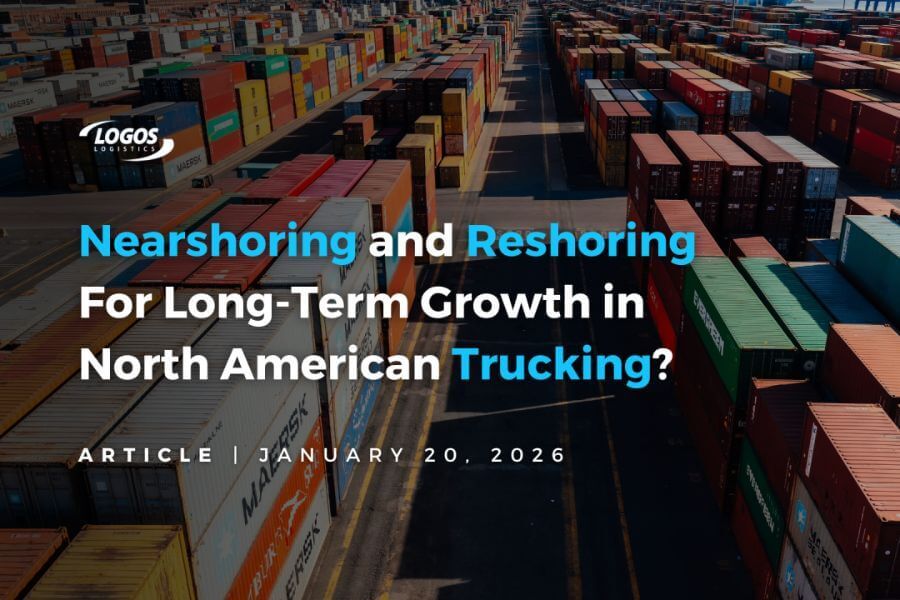US President Donald Trump has announced plans to impose an additional 100% tariff on goods imported from China starting next month, intensifying trade frictions between the two nations.
Trump made the declaration in a social media post, adding that Washington will also introduce export controls on critical software. The move follows Beijing’s decision earlier this week to tighten its export rules for rare earth minerals.
Markets reacted sharply to his remarks. The S&P 500 index closed down 2.7%, marking its steepest decline since April.
China's Strategic Leverage Over Rare Earths
China remains the dominant global producer of rare earth elements and other essential materials used in cars, smartphones, and numerous other products. When Beijing last tightened its rare earth export controls — in response to earlier US tariff hikes — many American companies reliant on these resources voiced strong concerns. Carmaker Ford even had to temporarily suspend production at one of its facilities.
Alongside the new export rules, China has launched an antitrust investigation into US chipmaker Qualcomm, a move that could delay its acquisition of another semiconductor company. Although headquartered in the US, Qualcomm conducts a large portion of its business in China.
Beijing also announced that it will impose new port fees on vessels linked to the United States, including those owned or operated by American companies.
Trade Truce Under Strain
The US and China have maintained a fragile trade détente since May, when both sides agreed to remove triple-digit tariffs that had brought bilateral trade close to a standstill. Despite that agreement, US tariffs on Chinese goods remain 30% higher than at the start of the year, while Chinese tariffs on US products have risen by 10%.
Rare Earths as a Strategic Weapon
In past negotiations, China has pushed for easing US restrictions on semiconductors and for more predictable tariff policies to help Chinese companies operate more freely in the American market. Xi has often leveraged China’s rare earth dominance in these talks.
This week’s export rules go further, targeting overseas defense contractors — a significant escalation, according to Gracelin Baskaran, director of the Critical Minerals Security Program at the Center for Strategic and International Studies in Washington.
Ripple Effects on Global Logistics and E-commerce
The tariff hikes and export restrictions are expected to reverberate through global logistics networks and the e-commerce sector, both of which are highly dependent on smooth cross-border flows of goods and components. Increased tariffs can slow shipping volumes, drive up freight costs, and cause sudden rerouting of supply chains as companies attempt to avoid tariff exposure.
E-commerce platforms — many of which rely on Chinese manufacturers for electronics, fashion, and consumer goods — could face longer delivery times, higher product prices, and stock shortages during the holiday season. Logistics hubs in Southeast Asia and Europe may experience congestion as businesses seek alternative sourcing routes.
Industry analysts suggest several strategies to reduce disruption:
- Diversify sourcing: Businesses can reduce dependency on China by shifting part of their supply chain to other manufacturing hubs such as Vietnam, India, or Mexico.
- Build inventory buffers: Increasing safety stock levels, especially for high-demand products, can help cushion against sudden delays.
- Use bonded warehouses and FTZs: Leveraging foreign trade zones and bonded storage allows companies to defer tariff payments and reroute goods more flexibly.
- Upgrade supply chain visibility: Investing in digital tools for real-time tracking and scenario modeling can help firms respond quickly to policy shifts.
- Collaborate with logistics partners early: Freight forwarders and third-party logistics companies can help identify alternate shipping lanes or modes, including rail and air freight, to bypass chokepoints.
Talks Still Possible
Although a Trump–Xi meeting now appears uncertain, Baskaran noted that it has not been ruled out entirely. The new Chinese regulations will not take effect until December, leaving time for diplomacy.











